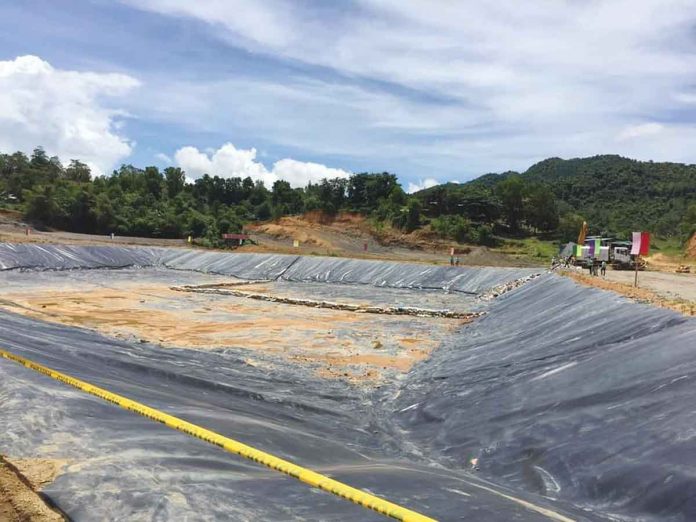
ILOILO – Of the 43 local government units (LGUs) in this province, only two have their own sanitary landfills — Lambunao town in the 3rd District and Passi City in the 4th District.
The 41 other LGUs are disposing their waste at the P408-million Integrated Waste Management Facility in Passi City.
According to Mitzi Peñaflorida, senior environmental management specialist of the Provincial Government Environment and Natural Resources Office (PGENRO), majority of the LGUs do not have their own sanitary landfills for the following reasons:
* non-availability of lot/land for the facility
* lack of funds; a budget of approximately P15 million is required for a Category 1 sanitary landfill having a carrying capacity of 15 tons per day
* insufficient equipment
* lack of manpower
* in some cases, absence of a permanent environment officer specifically tasked with addressing environmental issues caused by improper waste disposal
“Indi lahug-lahug mapatindog sang landfill. Ma-invest gid kita,” said Peñaflorida in an interview with Panay News yesterday morning.
She also said a sanitary landfill is labor-intensive; it requires workers to operate, which is why most LGUs in the province opt to dispose their residual wastes at the Passi City sanitary landfill and pay only a tipping fee of P700 per ton.
Passi City and 37 municipalities signed a memorandum of agreement (MOA) to dump their residual waste in Passi. These towns are San Joaquin, Tigbauan, Oton, Igbaras, Tubungan, Zarraga, Sta. Barbara, San Miguel, New Lucena, Pavia, Leon, Leganes, Alimodian, Badiangan, Bingawan, Cabatuan, Calinog, Janiuay, Mina, Pototan, Anilao, Banate, Dingle, Dumangas, Barotac Nuevo, Dueñas, San Enrique, San Dionisio, San Rafael, Concepcion, Carles, Barotac Viejo, Balasan, Batad, Sara, Lemery, and Ajuy.
The remaining five municipalities that did not sign the MOA are Guimbal, Miag-ao, Maasin, Estancia, and Lambunao.
Lambunao has its own sanitary landfill, while the four towns are currently in the planning stage of constructing their own landfills.
In the meantime, these four towns have their own residual containment areas (RCAs) for temporary disposal.
Peñaflorida said the towns with no sanitary landfill of their own are not a problem because “clustering” is allowed under Republic Act 9003, or the Ecological Solid Waste Management Act of 2000.
“Allowed na sia as long as supported sang MOA (and) as long as kaya sang carrying capacity sang sanitary landfill,” explained Peñaflorida.
The Passi City sanitary landfill has a carrying capacity of 200 to 375 tons per day.
Only residual waste is being disposed by the LGUs since each town has its own materials recovery facility (MRF) where recyclable and compostable materials are segregated.
However, Peñaflorida clarified that the Iloilo provincial government headed by Gov. Arthur Defensor Jr. is extending financial and technical assistance to LGUs and lending the necessary equipment for them to construct their own landfills.
“Bal-an man naton nga ang aton basura naga-generate sang katas so amo na ang isa ka purpose nga dapat may sanitary landfill ang aton LGUs – para ang katas indi mag-contaminate sa source of water and maka-harm sa aton health,” said Peñaflorida./PN





